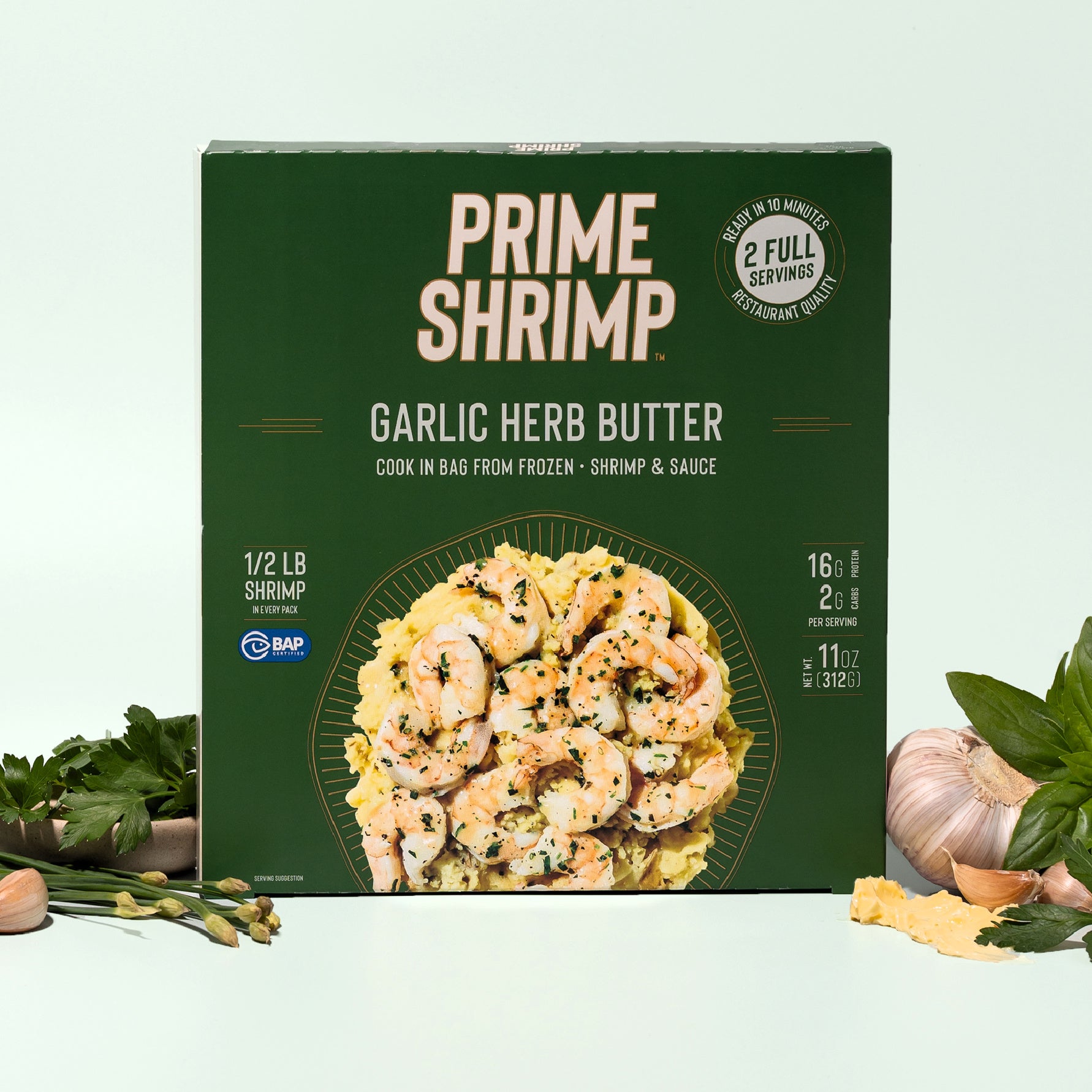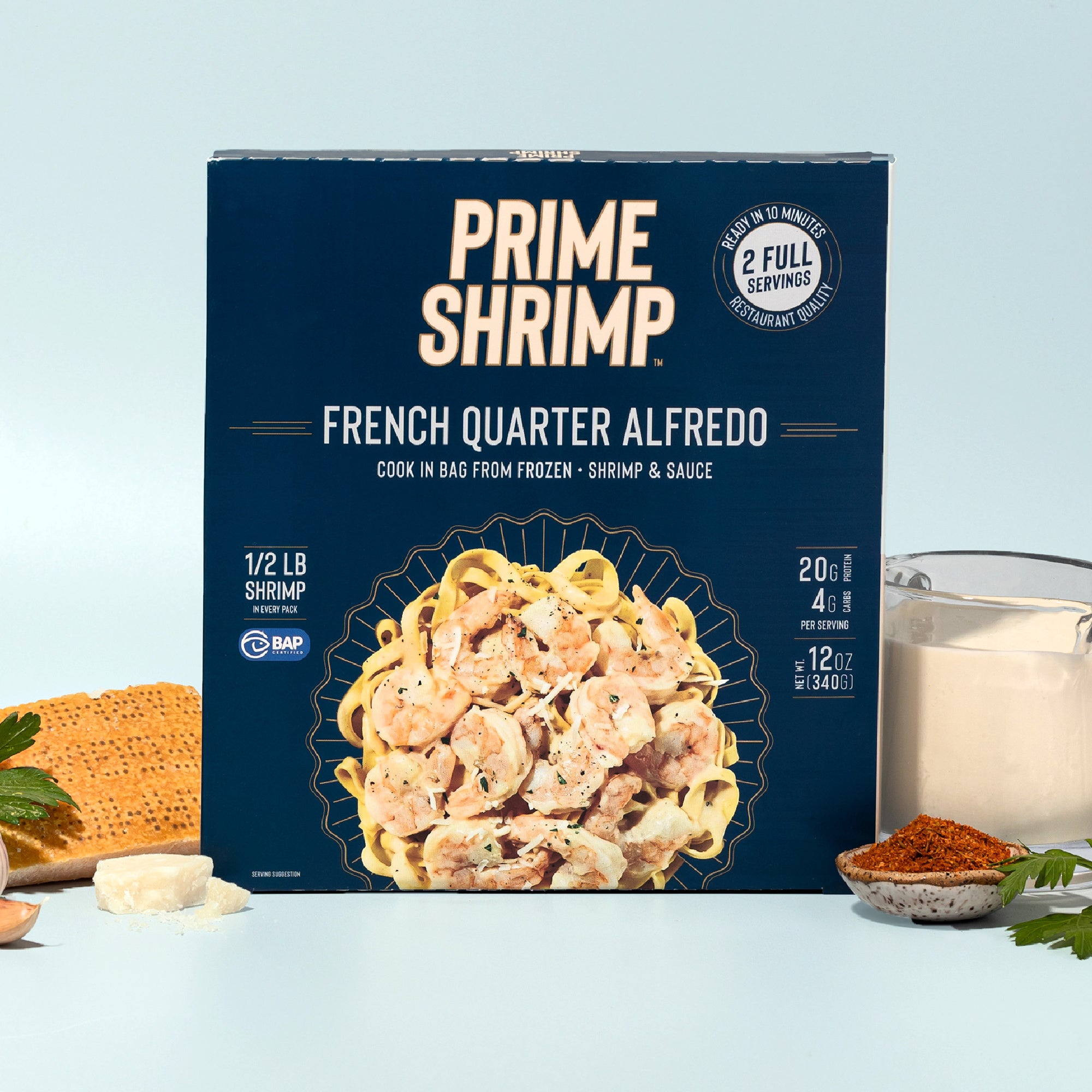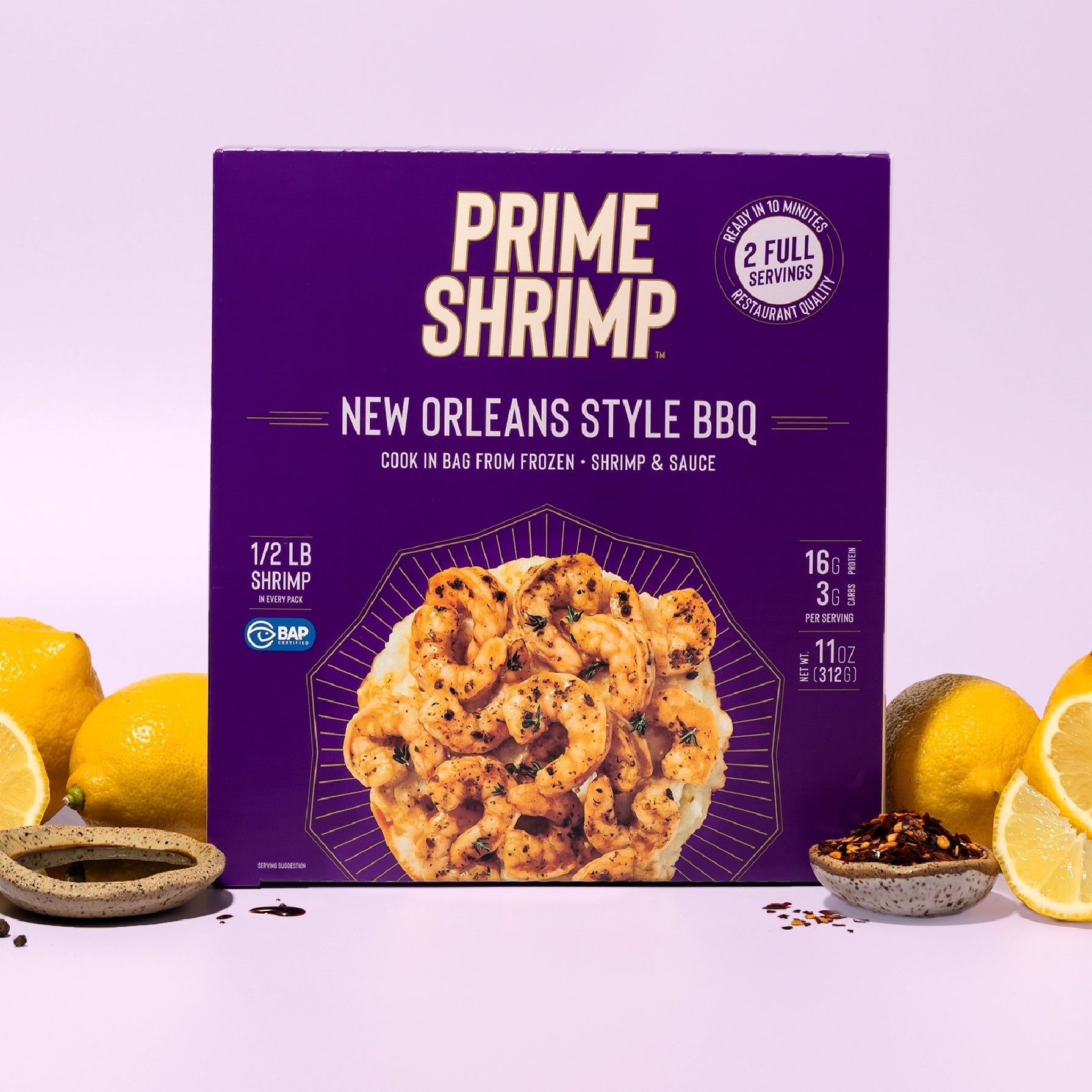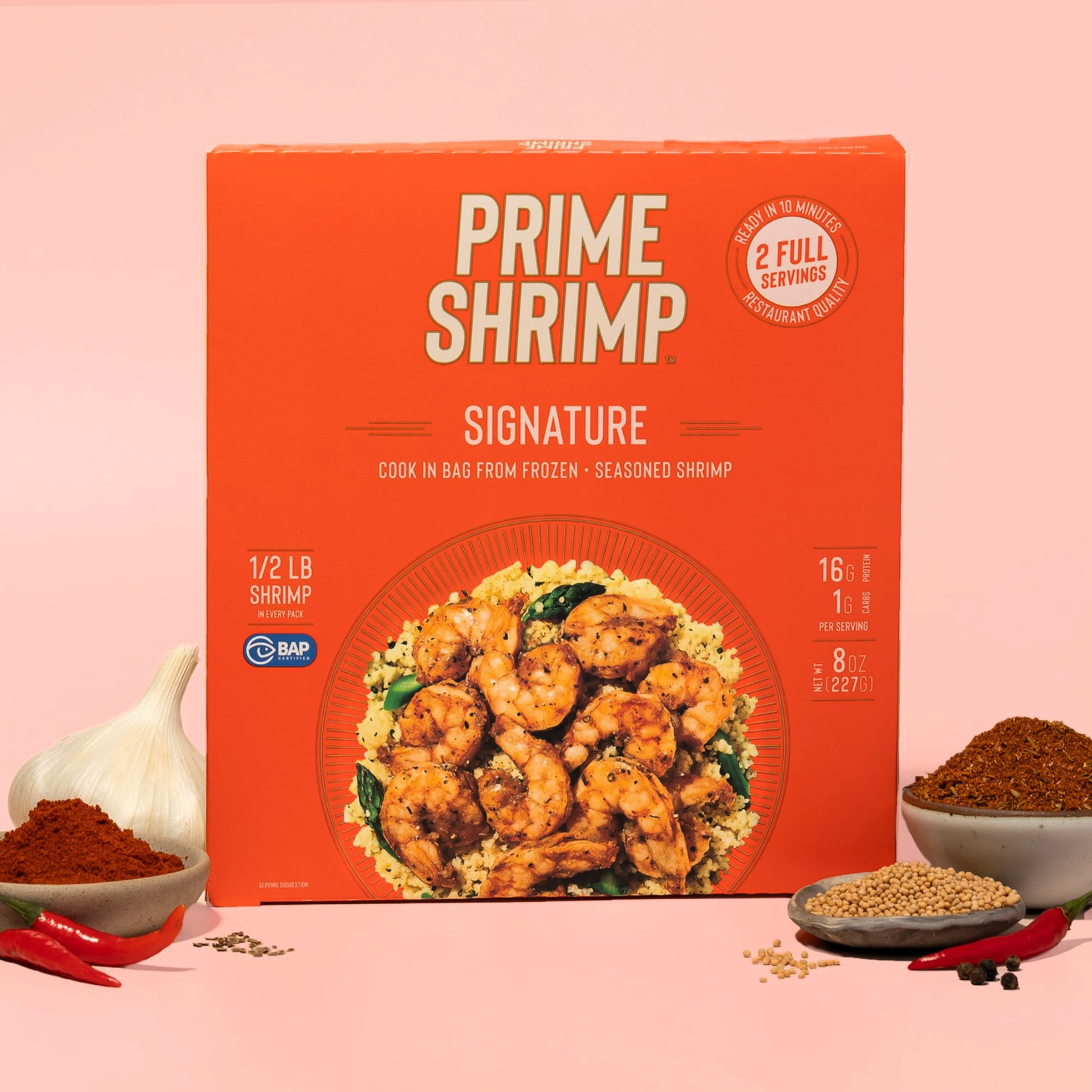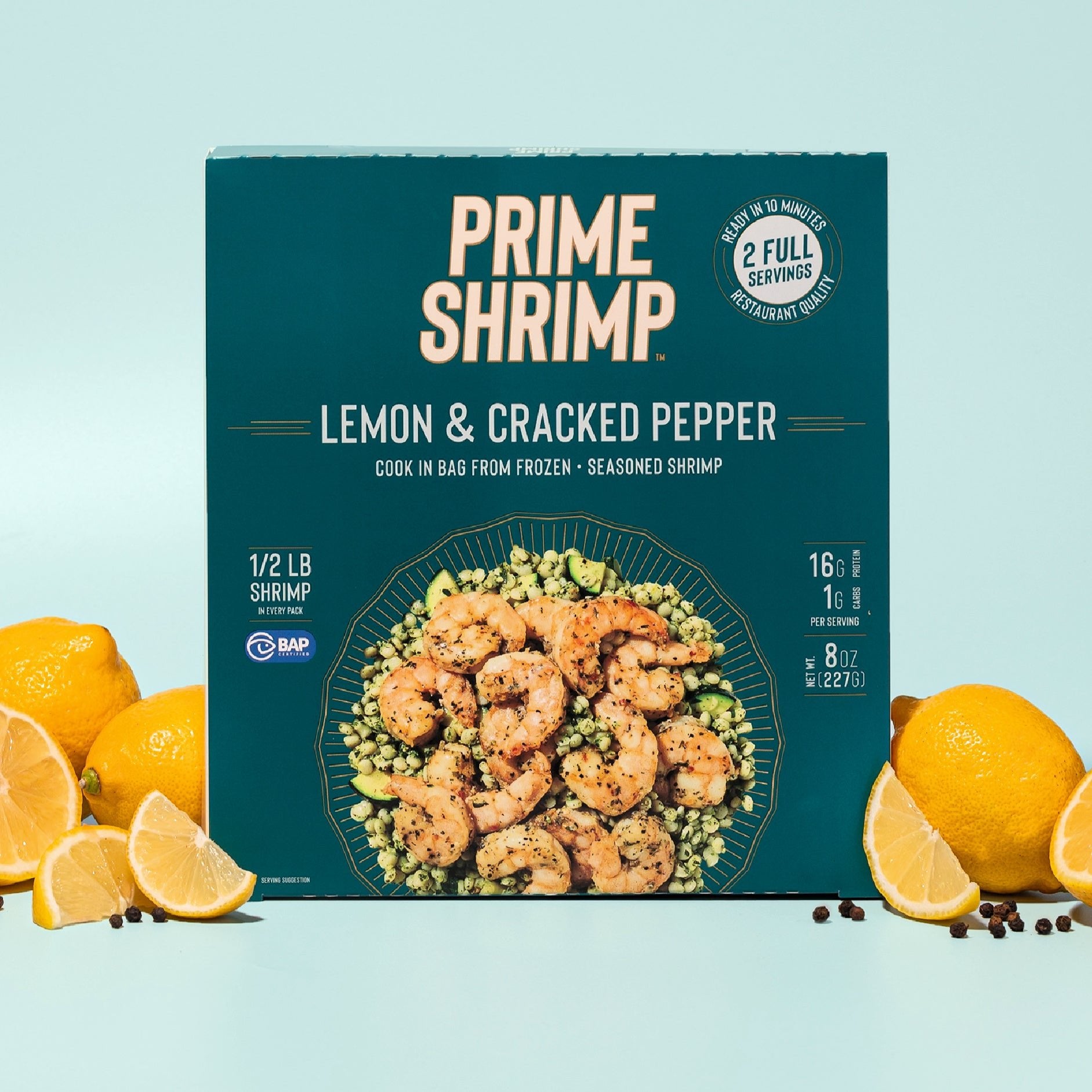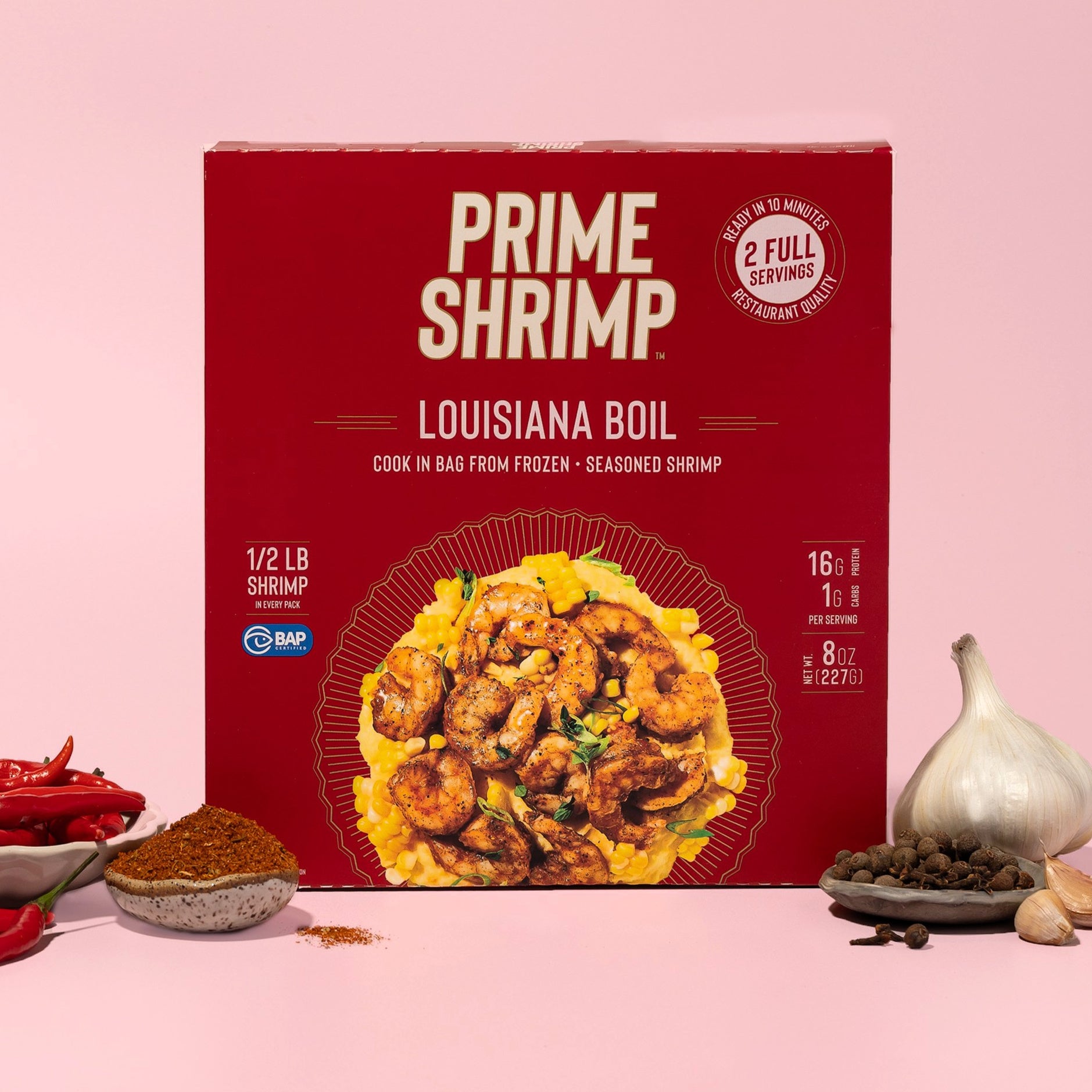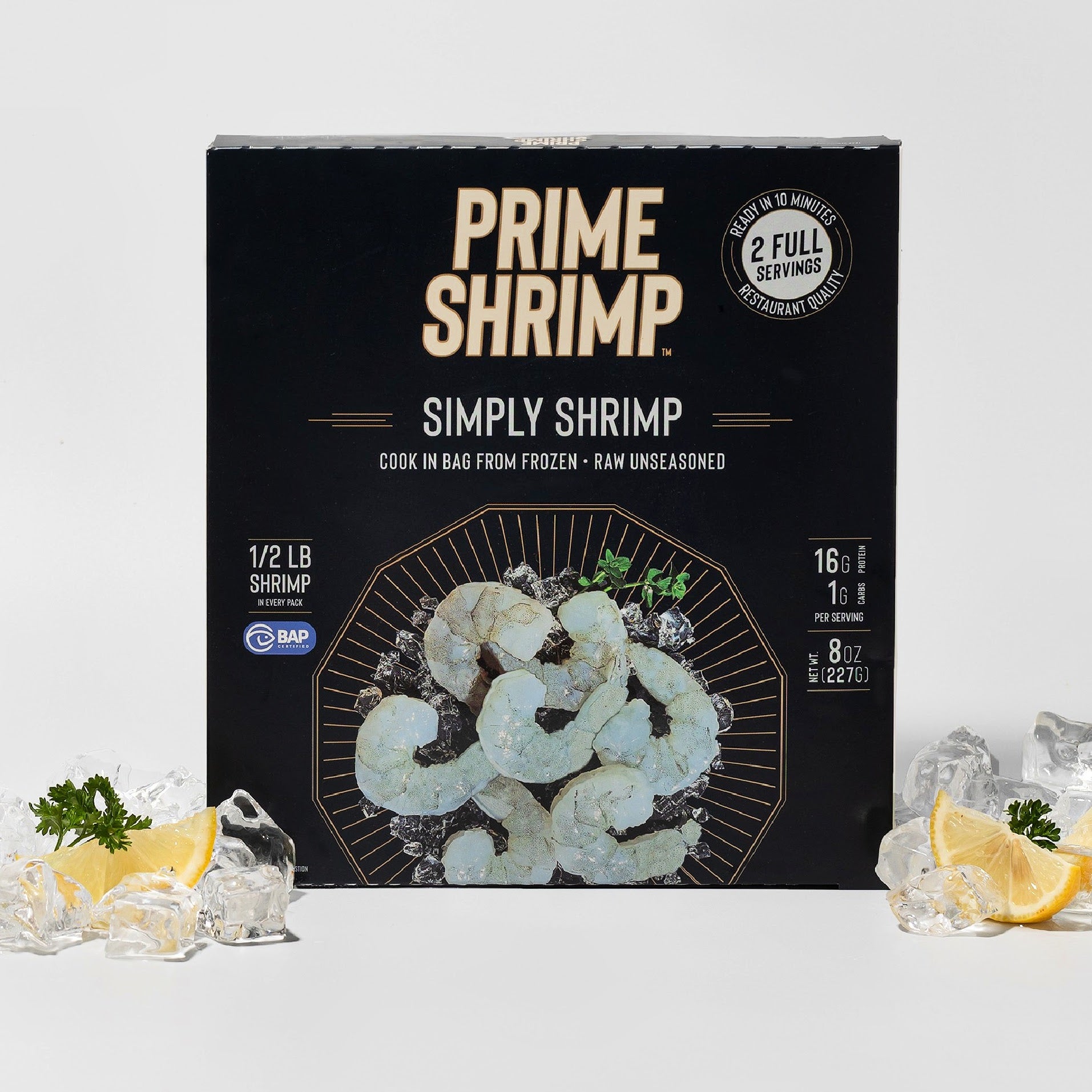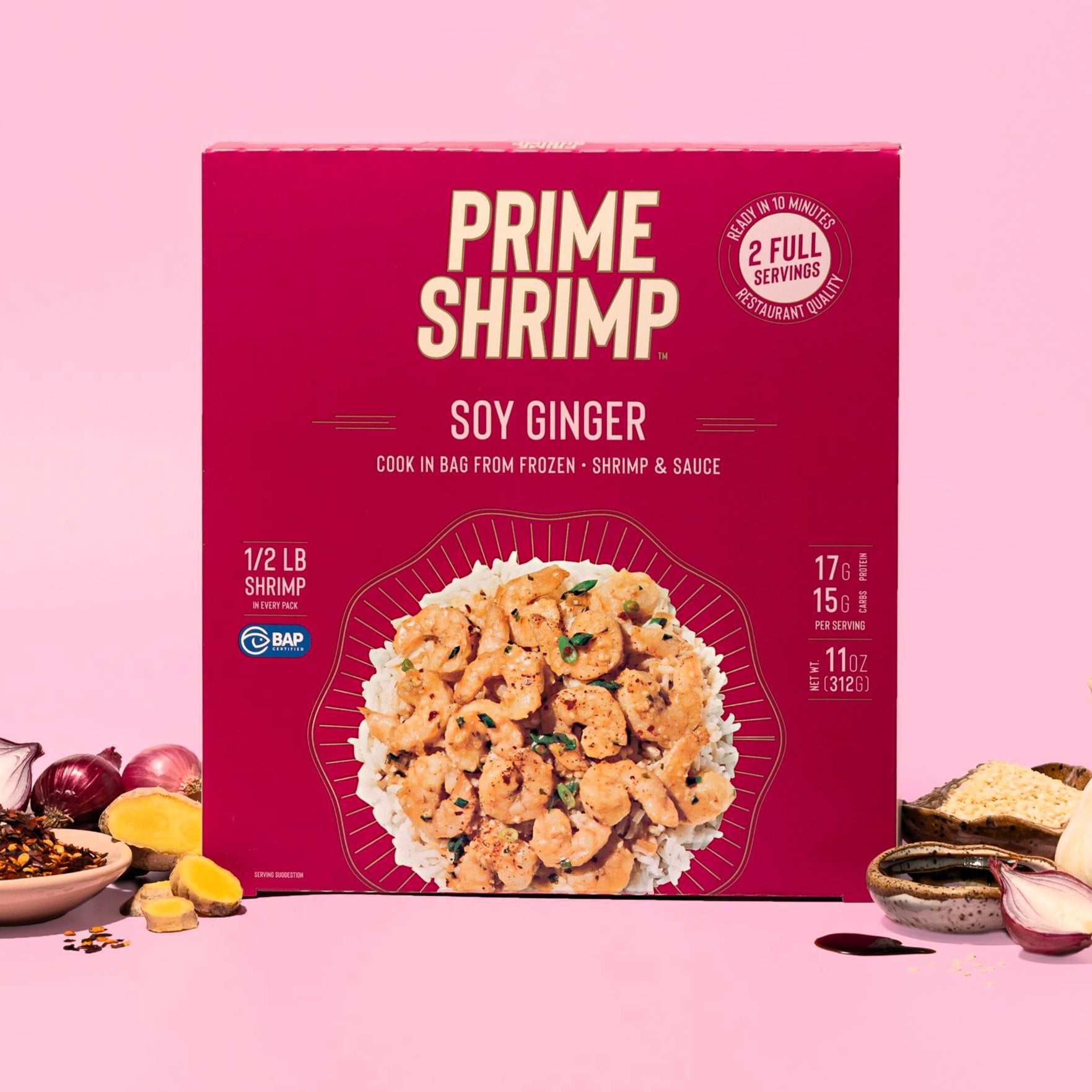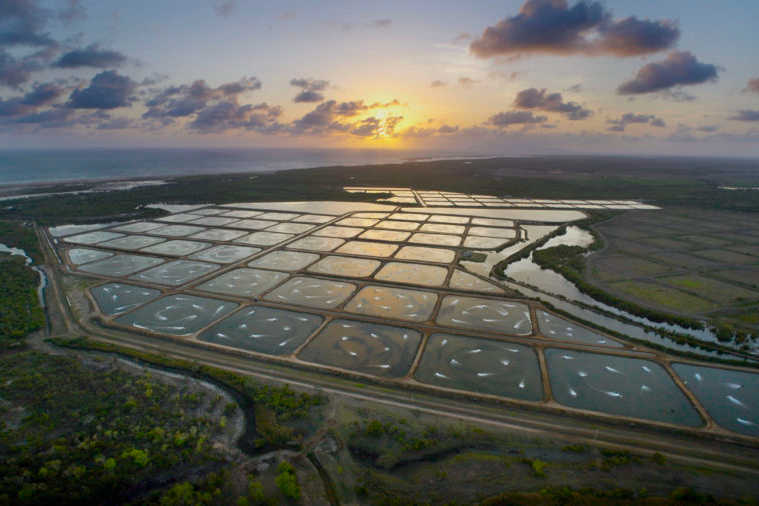

Why Is Aquaculture Important?
What Is Aquaculture?
Aquaculture is the cultivation and production of aquatic animals and plants for consumption. Acting as agriculture’s futuristic cousin, aquaculture is extremely valuable for maintaining and servicing an ever-growing demand for seafood around the world.
If you purchase or consume shrimp regularly, you’re likely already familiar with aquaculture (or at least its products). Over 85 percent of all shrimp consumed in the United States is farm-raised.
Shrimp, one of the world’s most popular aquaculture products in terms of production and exports, is already ahead of the trend. But aquaculture will likely soon be the driving production force behind most – if not all – seafood products.
Why Is Aquaculture Important?
Due to rampant overfishing, some estimates indicate that our oceans and inland waters could be dry of most fish by the year 2050 if wild fish stocks are not more closely managed. Demand for seafood, however, is trending up, even as supply in the ocean is threatened.
The answer, according to environmentalists, scientists, nutritionists, and more, is aquaculture. Carefully cultivated farming operations around the world will play an increasingly crucial part in keeping accessible seafood on our plates for decades to come.
Not All Aquaculture Is The Same
Ensuring an accessible supply of healthy and safe seafood, however, doesn’t lie just in rampant aquaculture production, but sustainable aquaculture production. Currently, shrimp production in some corners of the world creates environmental waste runoff and relies on mangrove destruction and costly feeding practices. Food safety, animal welfare, traceability, and the use of antibiotics or GMOs are all valid concerns often raised when discussing the rise of aquaculture.
In Ecuador, all shrimp producers are governed by national bodies as well as global partnerships to ensure compliance with sustainability throughout all stops on the supply chain.
We do our best to build on these efforts by importing directly from the leading producers and processing with precision automation in our own domestic facility. Together, we believe this creates a new standard in transparency and social responsibility as it pertains to farm-raised shrimp consumed in the US.
Share:
More News
-

Prime Shrimp in the News: Must-Try Recipes in 2025
Prime Shrimp is making waves in the culinary world, recently being featured on The Lifestyle List and News Channel 8’s Daytime. These popular shows highlighted how Prime Shrimp is rethinking the way you cook shrimp at home with its quick, flavorful, and effortless meal solutions. Watch the video or keep read more for the full story.
-
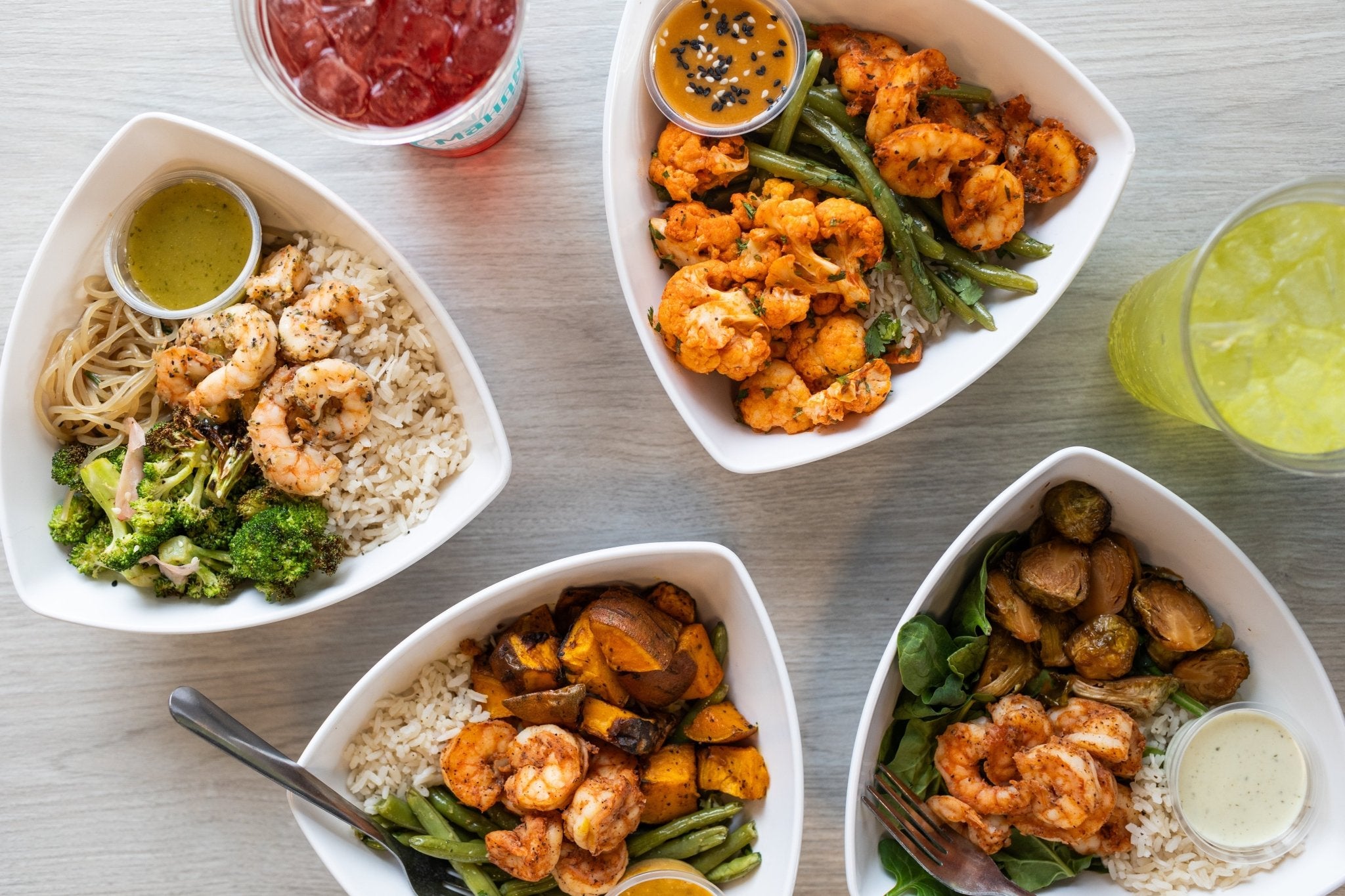
Prime Shrimp Partners with Mahana Fresh For “Shrimply Paradise”, A Celebration of Shrimp
Prime Shrimp, the brand known for its premium flavored shrimp and innovative cook-in-pouch method, is teaming up with Mahana Fresh, a fast-casual restaurant specializing in healthy, customizable dishes, to offer a limited-time, flavor-packed promotion. Through April 30, 2024, customers can...
-

Elevating the Quality of Farm-Raised Shrimp: The Prime Shrimp Mission
In a market where over 90% of shrimp consumed in the U.S. is imported and often of subpar quality, Prime Shrimp is on a mission to revolutionize the industry. By focusing on sustainability, advanced processing technology, and premium quality, Prime...




